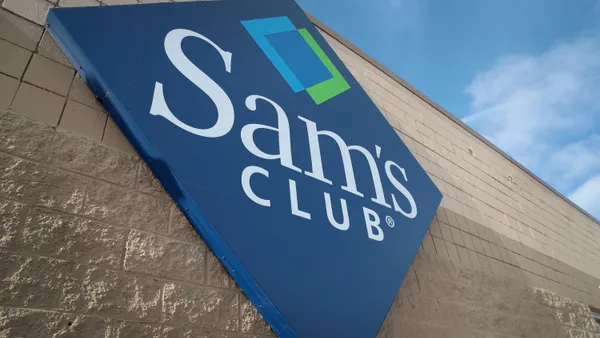Dive Brief:
- A federal district court made a mistake when it ruled that a prior Walgreens wage and hour settlement release barred a state court action for failure to provide suitable seating under a California wage order, the 9th Circuit has ruled (Zamora v. Walgreen Co., No. 17-56049 (9th Cir. Jan. 9, 2019)).
- The settlement release is enforceable only as to later claims based on an identical fact pattern as the claims in the settled class action, the court said. The wage and hour litigation concerned Walgreen's provision of meal and rest periods, payment of wages and overtime compensation, provision of accurate wage statements and reimbursement of business expenses, the court said. It omitted allegations that Walgreen's failed to provide its cashiers with suitable seating. Although the language of the release encompassed the state court action because it released any Private Attorneys General Act (PAGA) claim and included a provision not to participate in a PAGA action, it was not enforceable as to the existing state court action because the two actions do not share an identical fact pattern, the court explained. The court also said that res judicata — the doctrine that a matter that has been decided by a court and may not be pursued further by the same parties — did not apply because the two actions do not "involve the same claim or cause of action."
- The 9th Circuit's ruling stemmed from an appeal of a district court order granting Walgreen's motion to enforce a prior wage and hour class action settlement and to enjoin Dolores Zamora's California state court action, asserting a PAGA claim for failure to provide suitable seating under California Wage Order 7.
Dive Insight:
Employers must know which state and local laws apply — a serious challenge to those operating in multiple jurisdictions.
Experts have issued that same warning with respect to the federal program aimed at helping employees with pay claims. Last spring, the U.S. Department of Labor launched the Payroll Audit Independent Determination program (PAID) to encourage employers to audit their pay practices, self-report violations of the Fair Labor Standards Act (FLSA) and then work with the department's Wage and Hour Division (WHD) to correct the errors and get workers their back pay as quickly as possible.
While the program was touted as a "win-win" when launched, it may present some shortcomings for employers. Participation in the PAID program does not resolve state law issues, according to Tammy McCutchen, former WHD administrator and current principal at Littler Mendelson, P.C. For example, she said, some states, such as California and New York, have more stringent laws or longer statutes of limitation than the FLSA.
Additionally, Joel O'Malley, a shareholder at Nilan Johnson Lewis, P.A., previously told HR Dive that wage and hour claims can piggyback on each other so that unpaid overtime can lead to a claim for unpaid back wages. "If there's no full release, you could be releasing some claims but not others," he said.
Notably, a coalition of 11 states have voiced opposition to the PAID program and have all but threatened employers with retaliation if they participate in the program, Paul DeCamp, a member of the firm in the Washington, D.C., office of Epstein Becker & Green, PC, has said.












